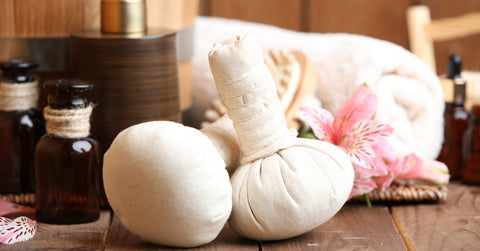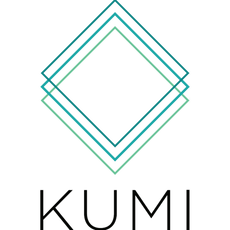Essential Oils: Methods of Application

Many people who begin dabbling with essential oils know of one or two methods of application. Most of these individuals are quite surprised (and delighted) to discover that there are a variety of ways to apply essential oils.
What Are Essential Oils?
Essential oils are highly concentrated plant extracts that capture the natural fragrance and beneficial properties of plants. These oils are commonly used in aromatherapy, a holistic healing practice that promotes physical and emotional well-being.
How Are Essential Oils Extracted?
There are several methods of extracting essential oils from plants:
- Steam Distillation: This is the most common method of extraction. It involves using steam to separate the essential oil from the plant material.
- Cold Press: This method is used for citrus oils. The rinds of the fruits are mechanically pressed to release the oil.
- CO2 Extraction: This method uses carbon dioxide under high pressure to extract the oil. It yields a high-quality product.
- Solvent Extraction: In this method, a solvent, such as ethanol, is used to extract the oil from the plant material.
How To Use Essential Oils
There are several methods of applying essential oils:
- Aromatically: Inhalation is a popular way to enjoy the benefits of essential oils. You can use a diffuser, inhale directly from the bottle, or add a few drops to a tissue or cotton ball.
- Topically: Essential oils can be applied directly to the skin, but it's important to dilute them with a carrier oil, such as coconut oil or almond oil, to avoid skin irritation.
- Internally: Some essential oils can be ingested, but it's crucial to consult a qualified aromatherapist or healthcare professional before doing so. Not all oils are safe for internal use.
Application Methods for Essential Oils
Inhalation

Vapor inhalation is one of the more common methods that the general population is familiar with when applying essential oils. The increased popularity of diffusers (especially for gift-giving around the holidays) is to thank you for this. There are even humidifiers and vaporizers made now that have a "special" place to add essential oils to take advantage of their health benefits. Of course, vapor inhalation can be done with a simple towel. Add five drops of steaming water. Place your face over the water and a towel over your head to create a tent, and inhale essential oils deeply.
Lotion/Cream

Use a carrier oil or natural cream with a base (shea butter, cocoa butter, etc.) to create a lotion. Just add drops of essential oils. You can experience and create your own essential oil blend, too.
Internally

This may come as a big surprise, but it is perfectly safe to take some essential oils internally. Always make sure it states that it is food-grade or has a supplement fact label. Some essential oils manufacturers also offer a specific food-grade line.
Bath

Just a few drops of pure essential oil in your bath can go a very long way. It will absorb in your skin, and you will also be inhaling it. Eucalyptus is great if you are feeling achy. Lavender oil is ideal if you are stressed or need to quiet your mind down to fall asleep.
Massage

Creating a massage oil is easy. Blend a few drops with your favorite carrier oil, and you're done. It can benefit you both physiologically and psychologically with its therapeutic properties. There are lots of popular essential oils that you can incorporate into your holistic aromatherapy massage. Lavender is commonly used when relaxing effects and stress relief are wanted. Peppermint is another great one if you want to energize the body.
Compress

Whether you have a headache, pulled muscle, or menstrual cramps, a warm essential oil compress can help. Add a few drops to a bowl of warm water. Dip in your washcloth, wring it out, and apply to the area.
Neat

Essential oils can be applied as is. For example, patchouli is one folk love to wear instead of perfume or cologne. Always do a small patch test to make sure your system will respond favorably to the oil. Oils that have "hot" properties should never be applied without carrier oil. Oregano and cinnamon are a few examples.
Benefits of Essential Oil Application
When used correctly, essential oils can provide various benefits:
- Physical Benefits: Essential oils can help alleviate pain, reduce inflammation, boost the immune system, and promote relaxation.
- Emotional Benefits: Aromatherapy with essential oils can have a positive impact on mood, reduce stress and anxiety, and improve sleep quality.
- Skin and Hair Care: Many essential oils have properties that can improve the health and appearance of the skin and hair.
Final Thoughts
Essential oils offer a natural and holistic approach to health and well-being. By understanding the different methods of extraction and application, you can make the most of these powerful plant extracts. Remember to always follow safety guidelines and consult an expert before using essential oils internally.

